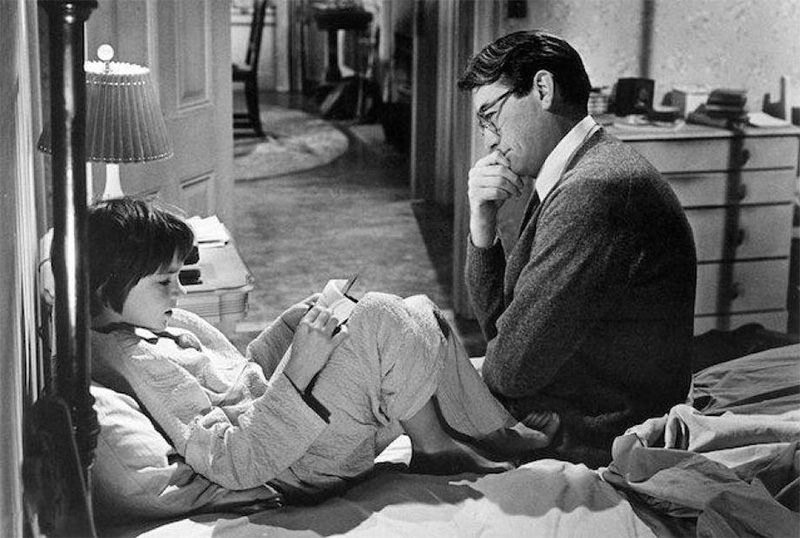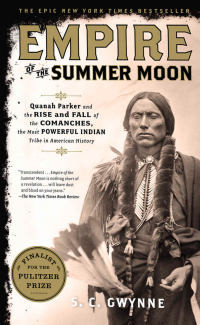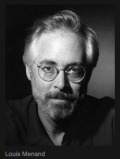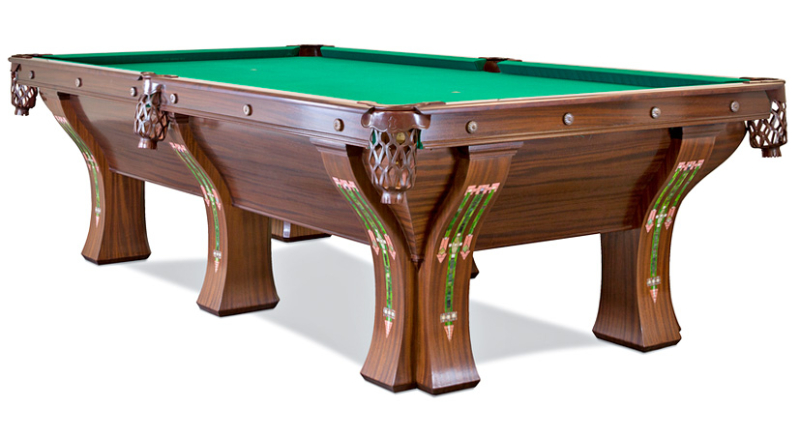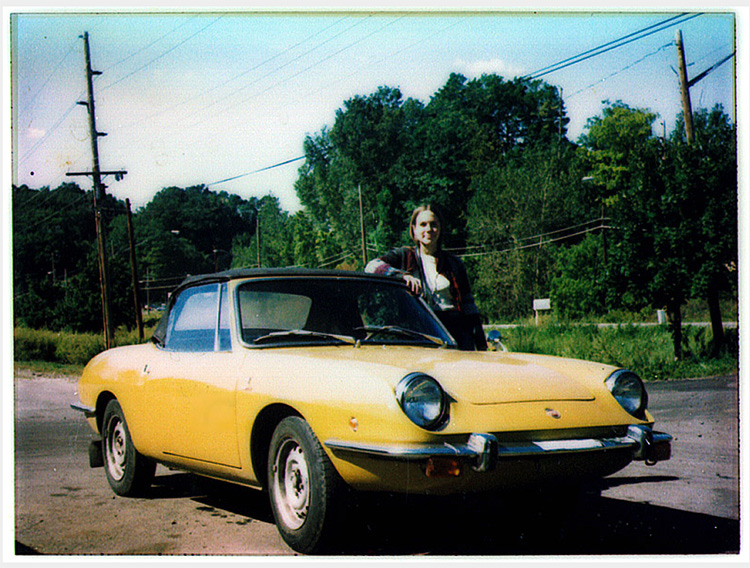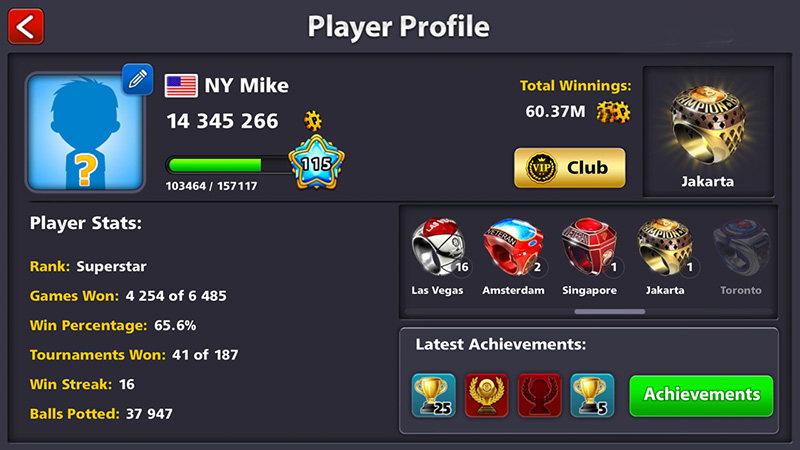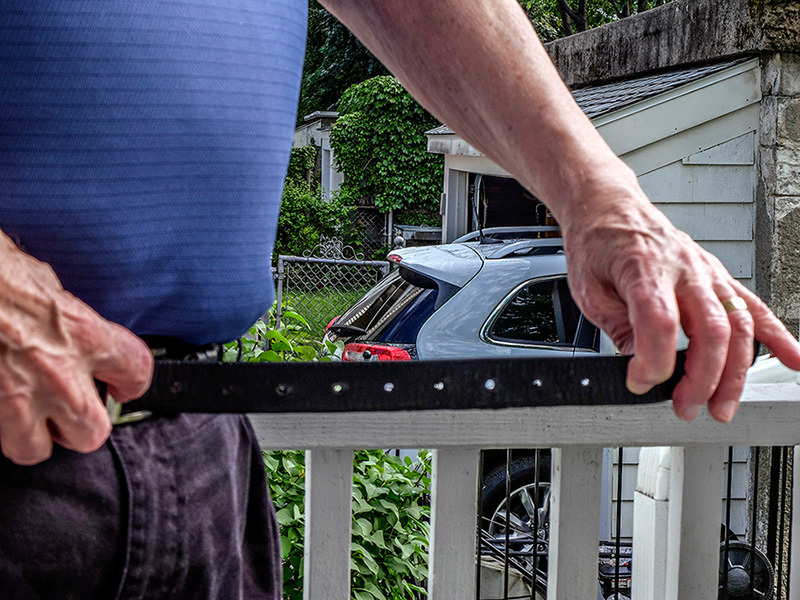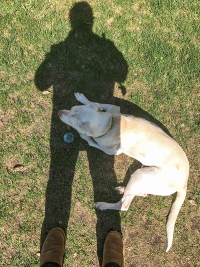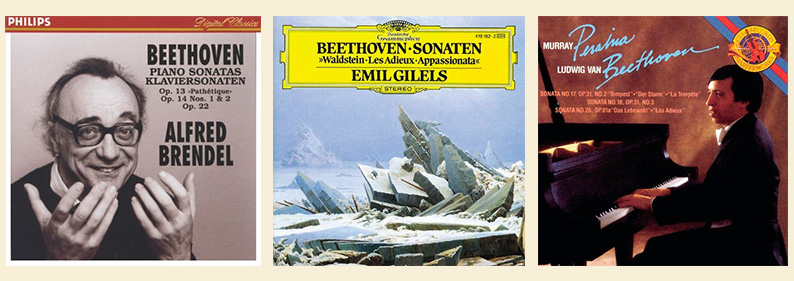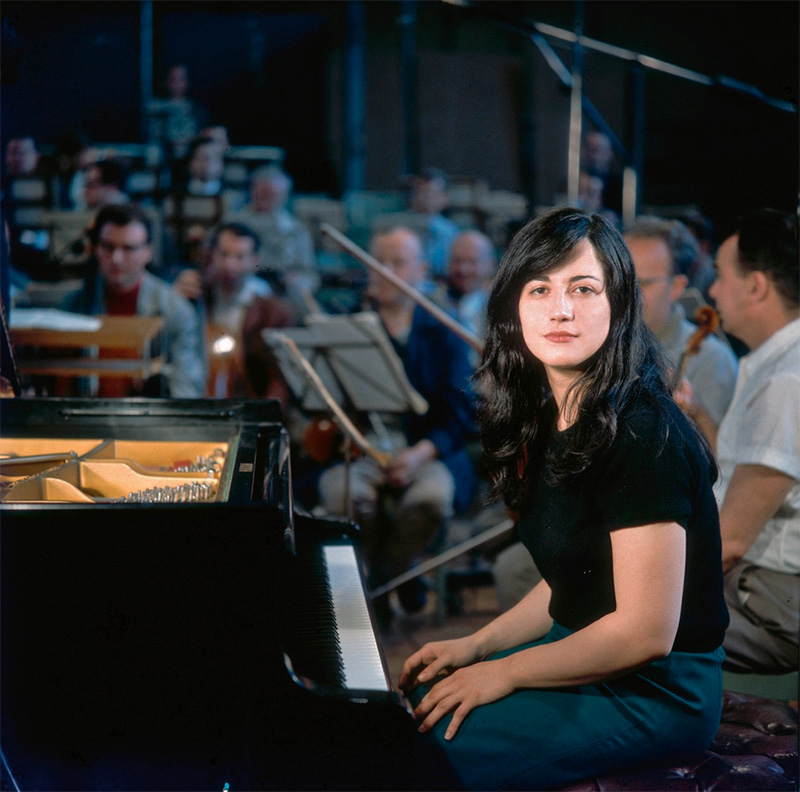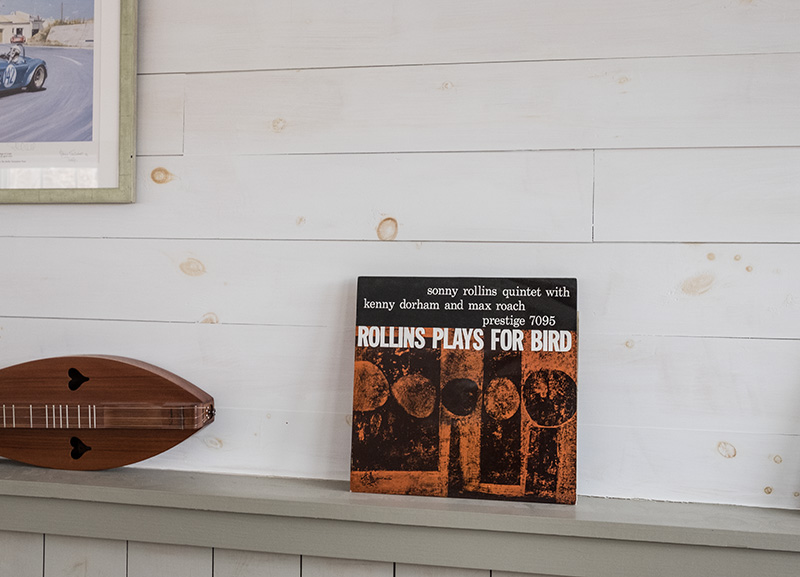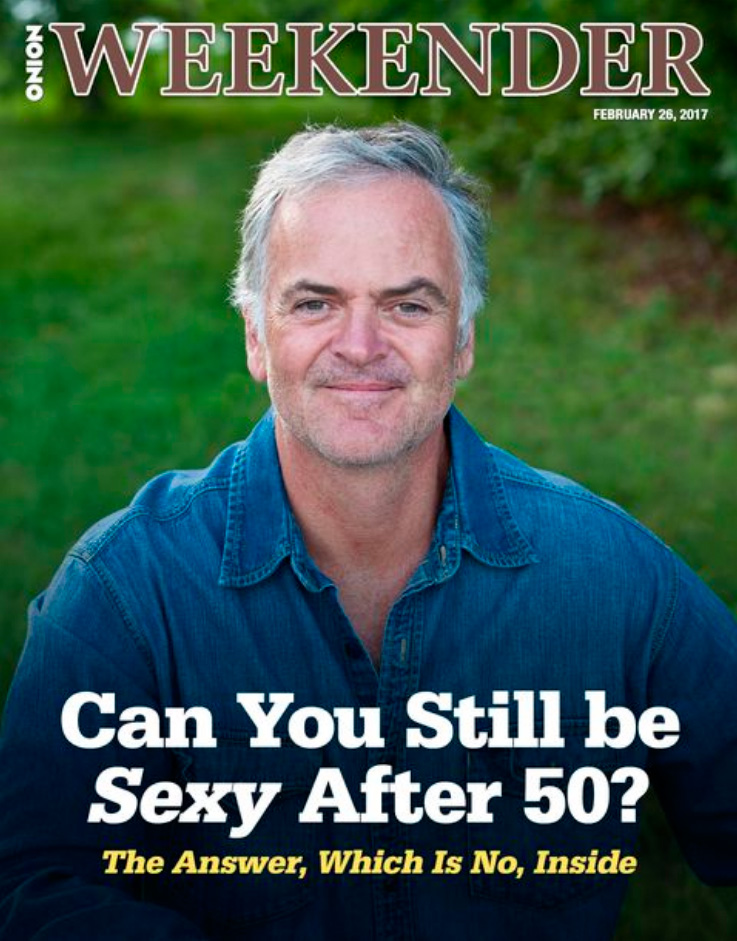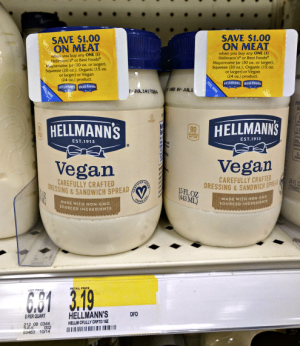 Think that marketing plan through!
Think that marketing plan through!
Damned movie.
This post is late because I had to get the soup in the slow cooker first thing this morning. For every plant-based soup recipe I've tried so far, I have to take the "prep time" estimate and triple it. I must be a slow vegetable chopper. Any faster and I tend to dice a finger or two, along with the celery or whatever.
The emerging consensus is pretty clear: the road to normal health is to eat a "whole food, plant-based" (WFPB) or "Nutritarian" diet. It will pretty much inevitably solve any weight, sleep, energy-related or sense-of-wellbeing issues you might have, as well as protect you from or even reverse a wide range of serious illnesses, starting with heart disease, type 2 diabetes, hypertension, and, very likely, a variety of cancers.
Trouble is, we just don't want to eat that way. And lot of important people in industries with influence and power don't want us to eat that way, either. It's much easier to get addicted to foodlike substances (FSs) that are low in nutrition and high in calories*, convenience, saltsugarfat, and immediate gratification. A huge slab of greasy meat, heaps of sugar and an injection of toxic chemicals in your hydration, and ice cream by the half gallon. Yum! And huge classes of people, from industrial food producers to medical providers to drug companies—even diet book authors!—all depend on us to voluntarily make ourselves sick by eating exactly what we prefer eating anyway. You're helping the economy. You don't actually die, or at least not that much sooner. Win-win?!?
Everybody thinks it must be hard to eat "right." (I say "it must be" because everyone who thinks so is someone who's never actually tried it for long enough to get used to it.) But once you get on a WFPB plan, the eating part is easy—it's delicious and it makes you feel great. You can eat all you want, you never feel hungry, and you couldn't maintain your previous "state of obesity" even if you wanted to.
What's hard about it is a) shopping and cooking, and b) having to live in a foreign culture. I.e., our own.
Fresh food is the opposite of convenience food. It takes planning, research, and a real knack to keep yourself stocked with adequate amounts of fresh food without letting too much of it go bad, and cooking with fresh food is the opposite of convenient—it takes a lot of recipe-hunting and just plain work (chopping, mostly) to prepare and cook a menu with variety and keep enough of it around to get yourself fed three times a day. And don't even get me started on the toxic state of food culture. Candy everywhere you look, from the counter at the eye doctor to the checkout line at the hardware store; hardly a healthy restaurant meal to be had within a hundred miles; and whole aisles of the supermarket devoted to things humans should really never eat**. It's tough, I tell ya. And I don't even have to live in a house with people with alternative eating habits (alternative from mine, I mean). That's gotta be tough too.
I'm lazy by nature, I like to keep things simple, and I would rather not work too hard. So if anybody should be able to manage a WFPB diet with minimal effort, simple enough for a male brain and palatable to a vanilla white person with wimpy taste buds, it should be me. But dang, no. It's hard.
I'll keep you posted. In case I ever actually make any progress.
Damned movie. Avoid it! If you want to save yourself a lot of hassle. I'm sitting here drinking coffee with macadamia milk in it...macadamia milk from Australia. (I'm testing every available vegan plant-based alternative to milk in my coffee. The leader so far: hemp milk. See what I mean?!) Once you watch that blasted thing, you can't un-watch it again.
Mike
*No, not the detergent aisle, as one commenter quipped. I'll just mention that one nutrition book I read listed the three worst foods that are commonly eaten, which were, in order, chips and crackers, cheese, and processed meats (maybe that writer just had a thing against "Lunchables"). Note that most supermarkets devote an entire aisle, or the majority of one, to chips.
**The opposite of nutritarian, that would be. "Nutritarian" means the most nutrition from the fewest calories.
"Open Mike" is the off-topic editorial page of TOP. It appears on Wednesdays; please do me a favor and pretend today is Wednesday.
Original contents copyright 2017 by Michael C. Johnston and/or the bylined author. All Rights Reserved. Links in this post may be to our affiliates; sales through affiliate links may benefit this site.
Obsessing on things so you don't have to.
Give Mike a “Like” or Buy yourself something nice
(To see all the comments, click on the "Comments" link below.)
Featured Comments from:
Aaron: "Around 10 years ago, I remember having a conversation with my wife where I expressed many of the same sentiments. 'Too difficult, too time consuming, just too much.' I think it was after reading Michael Pollan's The Omnivore's Dilemma. I will say that, like every skill, it's shopping for and cooking real foods is something you get better and faster at with practice. These days, we spend 10–20 minutes on Sunday making a meal plan for the week, I do the grocery shopping on Monday night and we both do some of the cooking. Most meals take less than 30 minutes to prep and cook, total—and we have two young kids at home. Lunch is almost always leftovers from the day before, or salad.
"Remember, almost all the studies on the health benefits of eating fruits and vegetables are done using conventional produce. Don't be afraid to buy 'convenience' veggies, whether that's frozen, canned, peeled, or chopped. I wouldn't put frozen broccoli in a salad, but it's great in a stir fry. Ditto on canned veggies in soups. Photography is fiddly and hard too, at the start."
psu: "Cooking is like a lot like darkroom. The key is to get your workflows down so that when you need to do them the whole process is subconscious. That, and having good knife skills is a lot like having good technical skills while shooting pictures. 😀 We recently bought the opposite of the slow cooker. It really makes almost anything like soup nearly instantly (after you load it with the stuff, of course). Of course since it's just a heating element and a computer, the thing is also a slow cooker. Also really good for anything related to rice."
Mike replies: I love mine—never would have bought it for myself, but it was a gift from Sara, my ex. I admit I'm only scratching the surface of its capabilities, but then, I'm a rank beginner as a cook in almost all ways.
Ben: "Instant Pot + Rancho Gordo beans, along with vegetables roasted in large quantities. We (two 40-year-olds and a 6-year-old) eat 1–2 pounds (dry weight) of beans and lentils per week. Vegetarian (whole plant food style) during the week; sweets and meats on the weekends. You can even freeze beans for later consumption, but they last a week in their own broth in the fridge. Plus lots of salad, fruit, and nuts. I like the instant pot because it takes time, yes, but it's largely unattended time. I can even leave the house while it's cooking. Anyway, yes, the food culture is totally toxic. I'm lucky to live where there's a reasonable amount of awareness and I can get a lot of good produce locally (at least Spring–Fall), yet still plenty of folks eat plenty of garbage. I think you can manage this type of diet going to the store twice a week and actually cooking (I mean going beyond oatmeal, omelet, or steamed/sauteed veggies) twice a week. You'll eat the same thing a few days, but if you don't mind that, then you're golden.
Michael Perini: "Makes me want a nice juicy steak. Being Italian, growing up in a food-centric family, being married to a crazy good cook, and having a son who is the executive chef at a high-end French restaurant, it should be easy for me to dismiss this post. But, I also have a brother, 10 years my junior, who used to be the fat one in the family and could barely walk. Four years ago he adopted a WFPB lifestyle and now weighs 160 pounds and rides his bike 100 miles at a time...really pisses me off...."
Bill Bresler: "In the words of Redd Foxx, 'All these health nuts are gonna feel stupid some day, lying in a hospital, dying of nothing!'"
Mike replies: Well, Redd Foxx died of a heart attack on set at the age of 68. Which is more or less the kind of fate I'd like to try to avoid if possible. If it's all the same to the Universe and sundry comedians, I'll take dying of nothing lying in a hospital with the numerals of Redd's age switched around—and hey, it's not like I don't feel stupid half the time already.
Jeff Buttel: "Like you I decided I needed to lose weight. Over the past four years I have gone from 250 to 200 pounds.
"It hasn't been a total success; At one point I was down to 180, which would be perfect, but it crept up, and I am in the process of beating it down again. What I have found is that it is very hard to eat well if you don't cook for yourself. My determination led me to be a much better cook. And being a better cook, I enjoy cooking, and I look forward to my time in the kitchen every day. Like with photography, the tools and techniques in the kitchen end up being personal, quirky, and sometimes obsessive. Whatever it takes to keep you in the groove. Best recipe I've used lately is the black bean soup in the New York Times. It's fine without the sour cream."
Jim C: "The key to preparation is a good chef's knife. Get an 8", something with good balance, fits your hand well. You will also need a sharpener if you do not already have one.
"I find cooking to be the perfect time to listen to music, NPR or favorite podcasts. As others have suggested, a cooking skills class will be of great help and fun as well. Like any skill, cooking becomes easier and enjoyable with practice. Like a good exercise regimen or taking photographs you will soon find that something is missing on the days you don't cook."
Josh: "Mike, stick to photography."
Ken James (partial comment): "I like it when you talk about food and diets. I find it to be a fascinating subject...along with cameras, cars, audio equipment, music, photo books, life."
Ken: "Dieting is like religion for the 21st Century. Everyone's got their irrational belief systems, and everyone—everyone—selectively interprets 'facts' to fit in whatever diet / belief system to which s/he subscribes. And like religion, you're not going to change someone's belief systems by challenging it or by arguing your belief system is superior."
Mike replies: Hmm, no, I don't think religion is quite the right parallel. Personally, my provisional conclusion from my reading is that nutrition science is in a primitive, very early phase...similar to epidemiology before John Snow discovered how cholera is transmitted. So what we're seeing (and what you're recognizing) is a state of warring hypotheses from positions of ignorance. They amount to enthusiasms, for sure, but not exactly theologies.
Consider the span of cosmic time, the existence of Earth, the duration of life forms, and then the tiny, tiny little slice of geological time that modern humans have existed as an identifiable species...anywhere from 90,000 years to 180,000 years depending how you look at it. And we've been dealing with the problem of food and what to eat for all that time, no doubt with availability and acquisition as the dominant priority by far. And our evolutionary ancestors were dealing with the same problems before that. And we've been attempting to evaluate food through the prism of what's good for our health scientifically for—what? A hundred years, maybe a hundred and fifty. At best. Before that it was local custom, whatever was easiest to grow and harvest, and medieval "science" which was essentially superstition, or imagination (good article about that in Scientific American). And to say that nutritional issues have reached the consciousness of the public for the last fifty years is being pretty generous...thirty or forty might be more like it. And most of that is simply relatively feeble self-defense, a response to the onslaught of commercial capitalism distorting and adulterating the food supply. Even today, even in modern societies, only a tiny, tiny fraction of the food supply is produced with health and nutrition as the main, or even a major, priority.
So we're just very, very new at trying to figure out with the help of science what's healthy to eat, and so far we're only taking tentative little baby steps at attempting to work that knowledge into the fabric of culture.
Doesn't mean it's not worthwhile thinking about and learning about. Come to think, it's probably more worth thinking about, because of all that.
